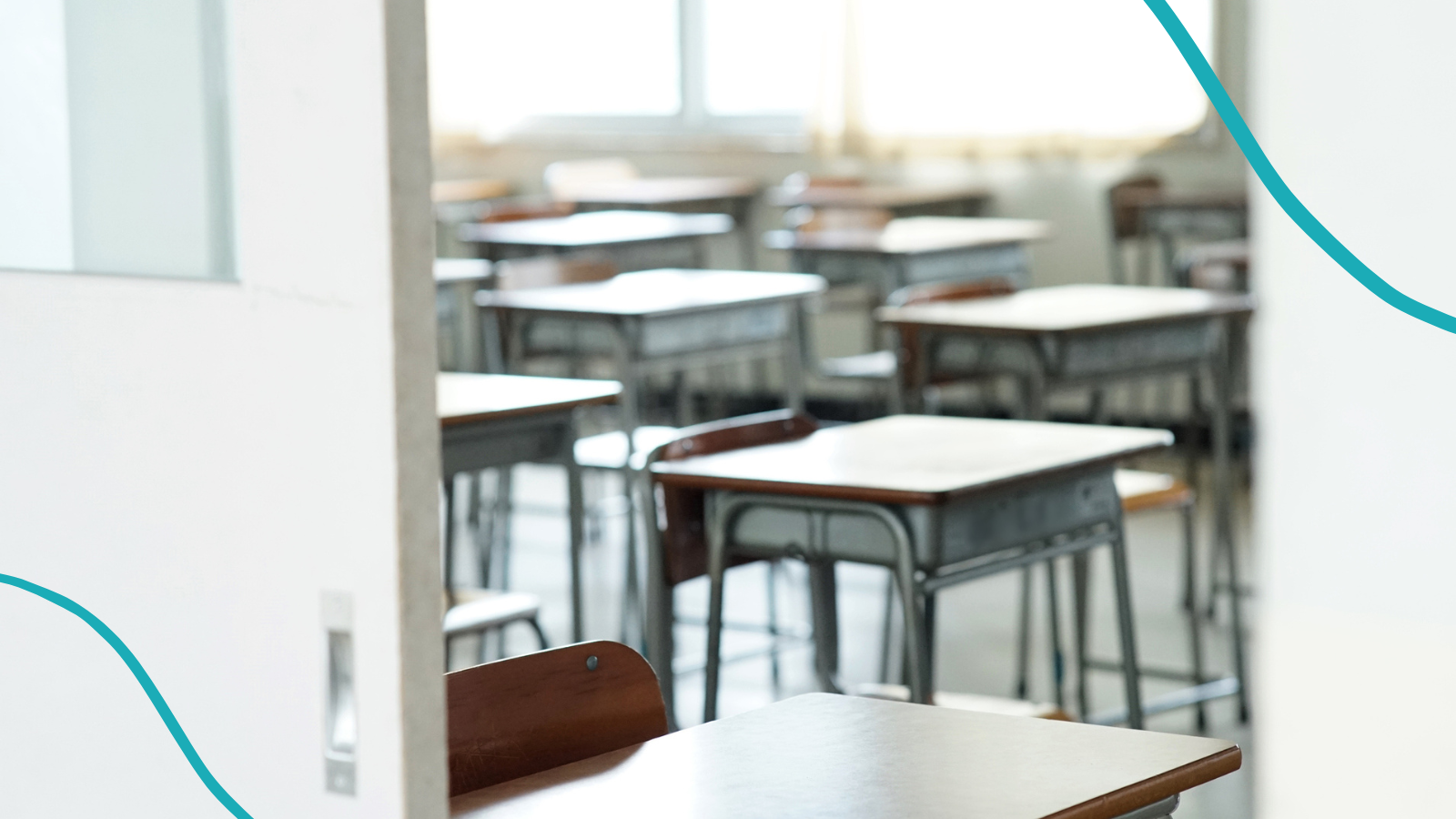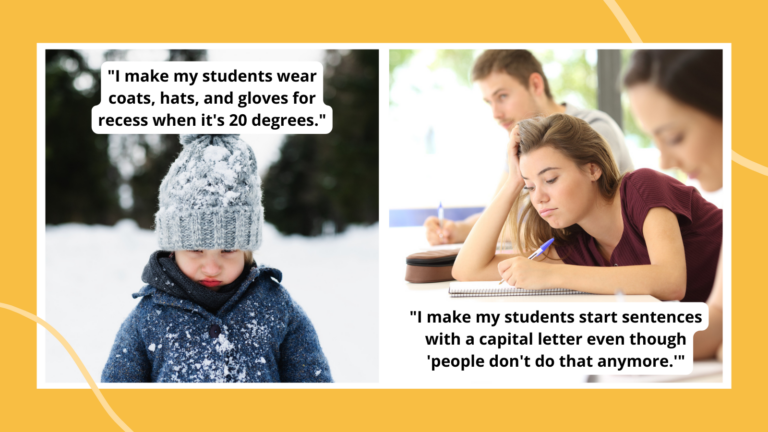In a recent decision by officials under Governor Ron DeSantis, Florida has taken another step in restricting educational offerings within its public schools. Earlier this year, the state disallowed public schools from teaching a pilot version of an Advanced Placement (AP) African American studies course unless they removed the term “systemic” from their description of racism. In another controversial move, Florida is banning the teaching of yet another AP course in its public schools.
This course has been a staple of Florida’s educational offerings for an impressive three decades, attracting thousands of students annually. However, Governor DeSantis’ new restrictions, as outlined in the Parental Rights in Education Act, are causing a stir in the education community. With the course’s standard requirement being to “describe how sex and gender influence socialization and other aspects of development,” educators now face the grim possibility of losing their jobs just as the new school year begins.
The state has claimed districts can alter the course to remove any discussions on gender and sexual orientation (essentially offering a “DeSantis-ized” version of AP Psychology), but the College Board warns this AP credit would then not be fulfilling a college credit. Other organizations offering advanced coursework for Florida public school students say they are already compliant with the new law. They have the option to leave gender and sexual orientation discussions off the table, but the American Psychological Association notes the topic is essential for any psychology course.
Wow. That’s a lot. And this recent move leaves us wondering the implications for all of us in education.
Impact on students
Practically, this affects thousands of high school students already enrolled to take AP Psychology in the fall. With the start of school only a few weeks away, students and counselors will be scrambling to replace this course with another that meets their graduation requirements. Will there be room in another course to fit their needs? How will this affect college applications?
But on an emotional level, this ban will inevitably do harm to queer students. We know queer students are already at-risk for depression and self-harm, moreso if the communities around them are unsupportive. We know that curricula that respect all sexual orientations and gender identities are more effective for all students. Once schools expose students to the curriculum, they are reporting less teasing and bullying. The message that mentions of queer identity needs to be removed from high school courses as inappropriate is worrisome for an already-vulnerable population.
What does this mean for public schools and teachers in Florida?
The clash between the requirements for an AP Psychology course and Governor DeSantis’ “Don’t Say Gay” regulations raises significant concerns. By removing elements and standards from public education that don’t align with a political agenda, Florida risks depriving children of vital information for success. The College Board candidly states that censoring the course content would compromise its college-level rigor. This conflict highlights the potential consequences of prioritizing political ideologies over providing students with a comprehensive and well-rounded education. Arguably, it’s also an example of a governmental power using religious beliefs to shape education. But most immediately, this is a huge issue for teachers of AP Psychology, principals, and superintendents.
Here’s what teachers in Florida are saying:
“Get ready Florida, this is an opening shot.”
I would imagine AP English, US History, and Biology are up next.” —Mitch C.
“Our Superintendent just posted he’s on a zoom call with high school staff/admin to discuss options.”
“This extreme move by FLDOE comes mere days before students return. (August 10).” —Christen E.
“Horrible continuing terror here in Florida at DeSantis’ reign.”
“More frightening for the country when he gets crowned Pres/VP. It’s scary times for this new century.” —Amy P.
What does this mean for public education elsewhere?
The removal of an entire AP course due to the governor’s political and religious beliefs is a red flag, to say the least. Censorship, merging church and state, and attacks on teachers continue to limit educators’ ability to provide a well-rounded and comprehensive education to their students.
Worried about their jobs, many teachers feel reluctant to discuss complex issues with their students.
Teachers report that the limitations placed on their curriculum negatively affect their working conditions. They worry about the consequences on student learning.
In such a charged atmosphere, the questions raised by educators are becoming more frantic. What will be banned next? Where are we headed? What will be left to teach, and who will be left willing to do it?

